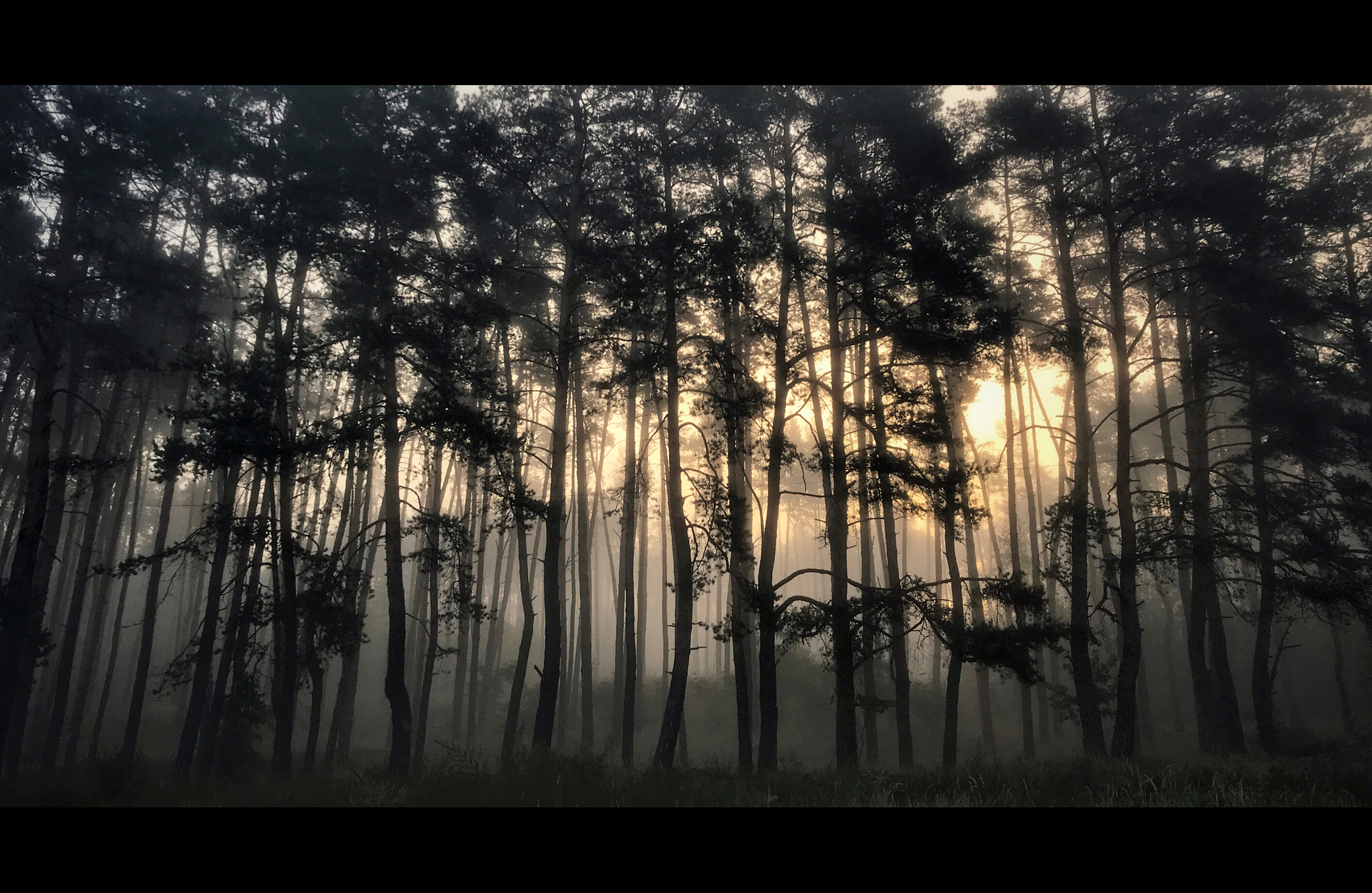What does a ghost smell like?
Beware the scent of gardenias in the nighttime


A free daily email with the biggest news stories of the day – and the best features from TheWeek.com
You are now subscribed
Your newsletter sign-up was successful
If you ever find yourself on a run near the Hollywood sign after sundown, look out for the smell of gardenias. According to the stories, that is how it begins. An appearance by the ghost of the actress Peg Entwistle, who leaped to her death from the sign's 50-foot-high "H" in 1932, is sure to follow.
For centuries, encounters with ghosts have been accompanied by descriptions of their earthly smells: the lingering scent of Old Spice aftershave, a favorite cigarette brand, maybe something romantic and Victorian, like rose perfume. Entwistle allegedly wore a gardenia scent when she was alive; people who say they've seen her apparition often describe noticing the overpowering fragrance either before or afterwards. Like a ghost, smell is an experience nearly impossible to capture — both undeniably there, but also unable to be shown or proven to anyone once it fades away. You can only use your words.
Although we typically think of perfumes as being something pleasant, they are deeply intertwined with our own mortality, used (while we're earthbound, at least) to mask the fact that we exist within pulsing, sweating, inhaling, digesting bodies. For two autumns now, I've been obsessed with wearing Heretic's Poltergeist, a scent that has no qualms about associating itself with perfume's more morbid and spectral roots.
The Week
Escape your echo chamber. Get the facts behind the news, plus analysis from multiple perspectives.

Sign up for The Week's Free Newsletters
From our morning news briefing to a weekly Good News Newsletter, get the best of The Week delivered directly to your inbox.
From our morning news briefing to a weekly Good News Newsletter, get the best of The Week delivered directly to your inbox.
It's not a perfume that smells, well, good. Like its namesake, it's a disturbance: intense and abrasive, sharp and coniferous when you put it on your skin, a blast of wormwood mixed with something suspiciously overripe, a top note some liken to pineapple. There's also the smell of smoke. "Yikes!" one disappointed reviewer wrote on Fragrantica. "Smoke, tar, grilled sausage, and wet boots." Another identified the perfume as "smoked lamb meat. Nothing else."
I, on the other hand, can't get enough of it. Poltergeist, to me, is the smell of ghosts.
View this post on InstagramA post shared by @hereticparfum on Sep 20, 2018 at 2:42pm PDT
Speaking personally, I have never smelled an actual ghost: No spooky whiffs of gardenias or singed hair for me. But perfume is about more than flowers and gourmands, and Poltergeist plays with the associations between smell and memory and transience — the way a scent, like a specter, vanishes or reappears.
Created by Douglas Little in 2016, Poltergeist is specifically a product of the perfumer's "intensely fragrant memories from my time in the Pacific Northwest," and is described as an attempt to marry "two distinct olfactory experiences: green and smoke." On the one hand, Little is drawing from his own past with Poltergeist, putting a wearable smell to his memory of the moss and soil of the evergreen forests, the smell of chimney smoke that permeates the air when the temperature drops below 50 degrees. He is also playing with the idea of such a memory's fleeting visitation: Perfume is to be spritzed on a wrist, where it eventually fades. What could be more ghostlike than that: a tangible manifestation of something half-forgotten, that then retreats back into the thin air from which it came?
A free daily email with the biggest news stories of the day – and the best features from TheWeek.com
Smell, as it turns out, is one of our most powerful senses when it comes to our engagement with the past. The part of the brain that interprets the scents we inhale works closely with the amygdala and hippocampus, which rule memory and emotion. Our analysis of sight, sound, and touch don't pass through the same region of the brain, meaning smell in particular can transport us to memories we didn't even know we had: catching the aroma of a certain carpet cleaner might take us to our third grade classroom, a particular food to a forgotten childhood friend's house, and the fresh plastic of a new CD case to a long-closed Tower Records. It would seem only natural, then, that a ghost might bring their smells along with them when they creep back into our realm.
After all, even when we are long gone, the smells we used to live in can live on without us. The Association for the Scientific Study of Anomalous Phenomena, a nonprofit that "scientifically" investigates paranormal activity, goes as far as to suggest that scent "can invoke emotional responses and even trigger memories" and "may promote paranormal reports." In other words, smells conjure for us what is not there.
I wear Poltergeist because it is weird and unexpected, and because it reminds me of the forests I've been in, the fires I've warmed myself beside. Smell, in this way, is just another form of memory, perfume as transient and finicky as our conception of ghosts.
Or maybe it is the other way around — that it is ghosts that are like perfumes, an unexpected whiff of the past. The smell of gardenia, unplaceable, as you pass by in the dark.
Jeva Lange was the executive editor at TheWeek.com. She formerly served as The Week's deputy editor and culture critic. She is also a contributor to Screen Slate, and her writing has appeared in The New York Daily News, The Awl, Vice, and Gothamist, among other publications. Jeva lives in New York City. Follow her on Twitter.
